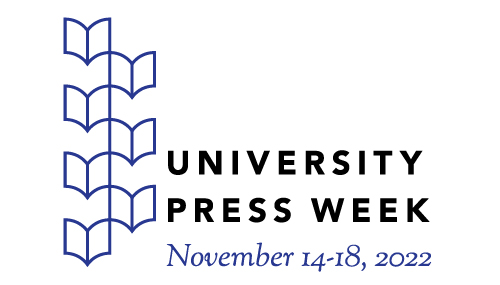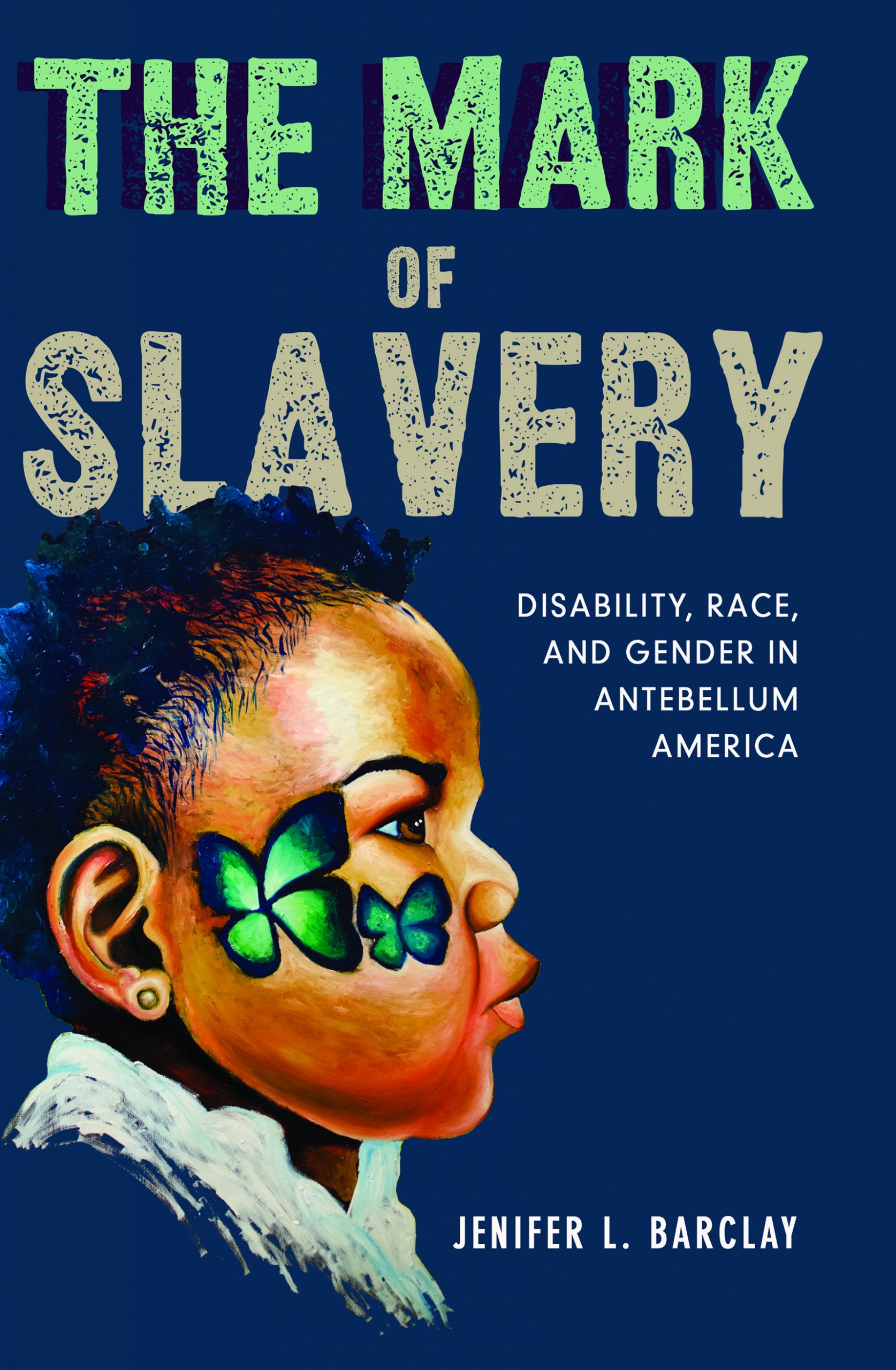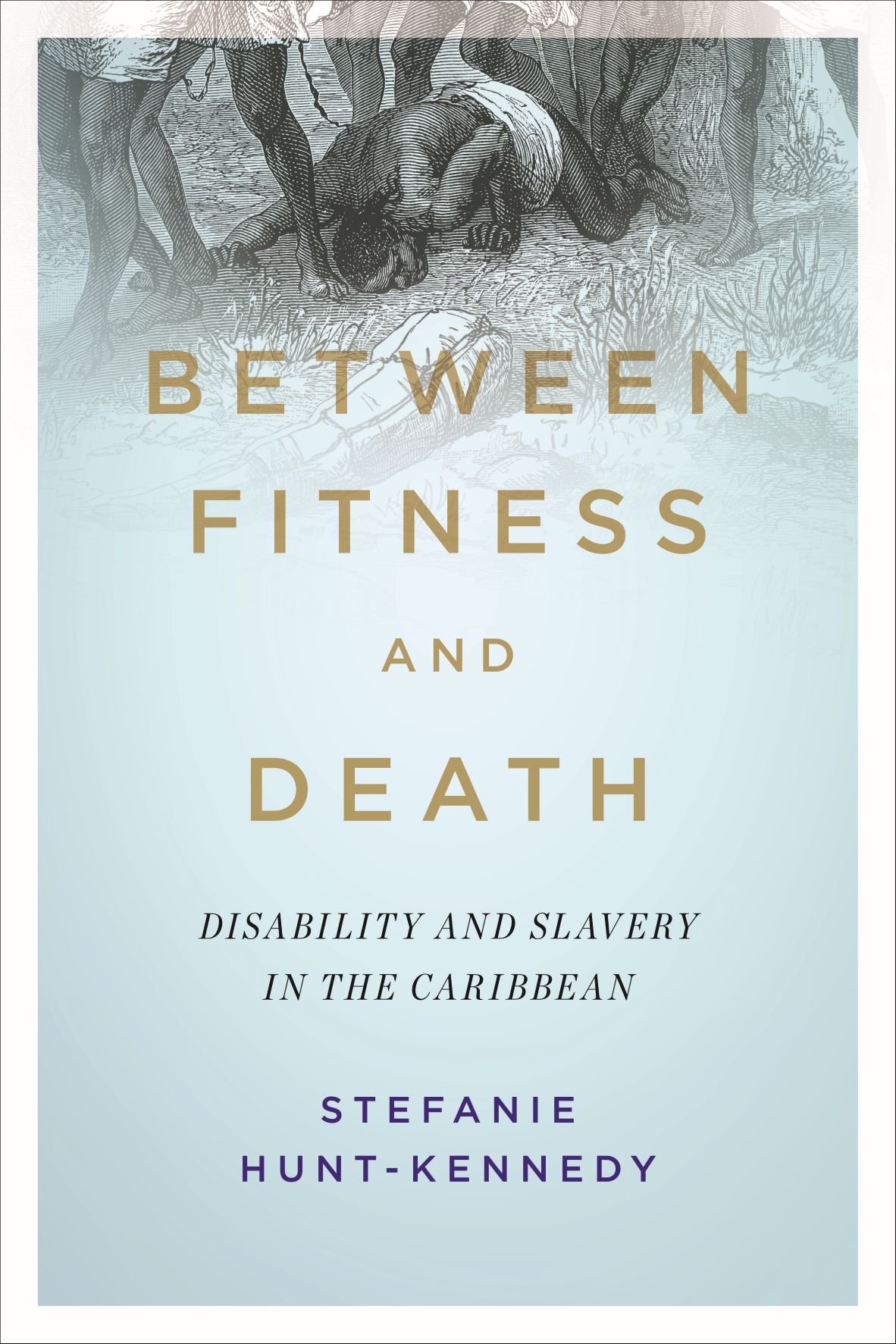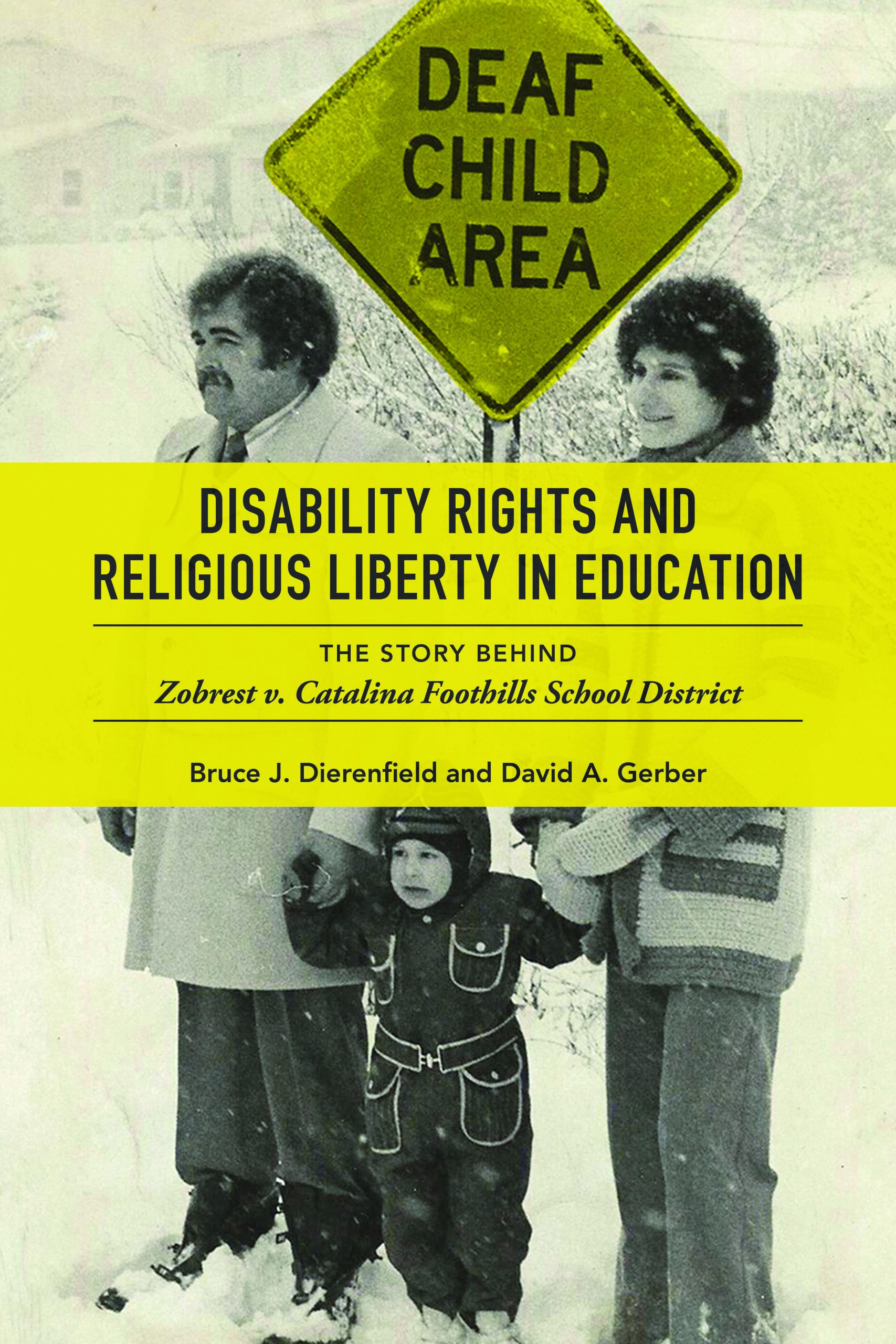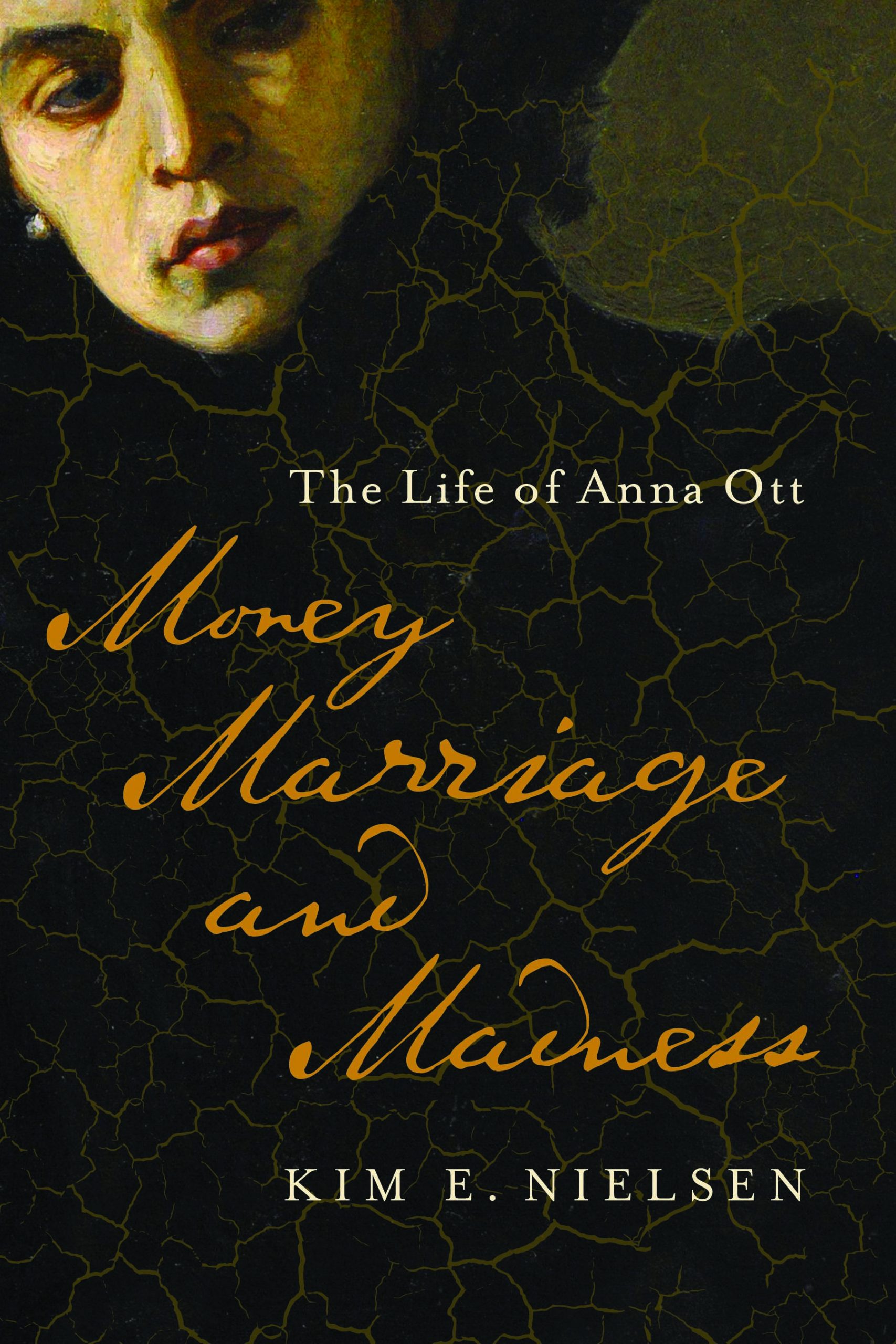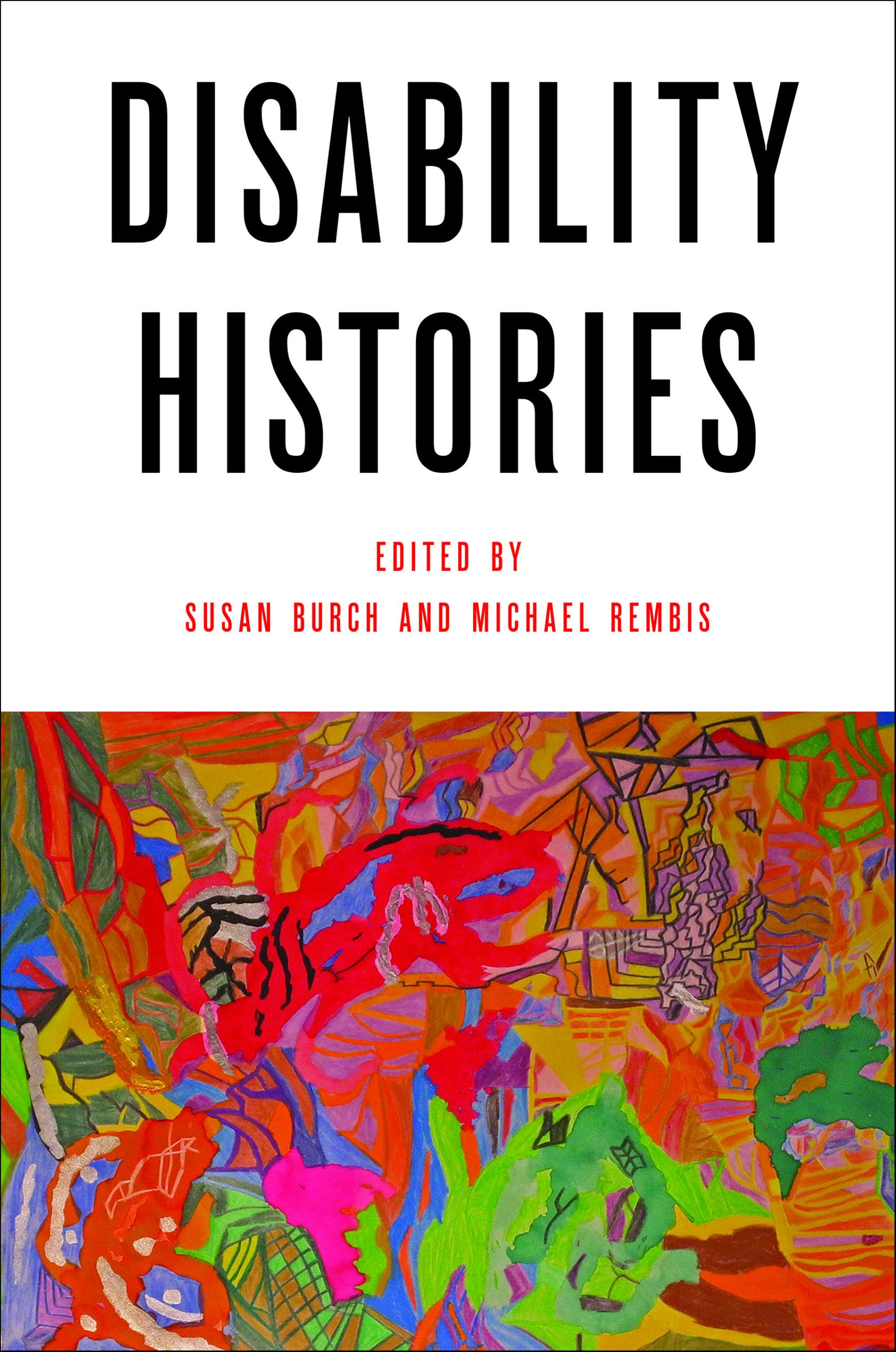As University Press Week enters its second decade of celebrating excellence in university press publishing, Next UP has been chosen as the theme for this year’s event.
The theme highlights the dedicated work performed by those in the university press community to seek out, engage, advance, and promote the latest scholarship, ideas, best practices, and technology. University presses are incredibly creative and resourceful, working in concert with their authors, readers, and institutional and business partners, and Next UP reflects that spirit of constant learning, adaptation, and evolution.
This week, we’ll be featuring exciting innovations from our journals department, presenting an interview with a UIP author, and announcing changes to one of our series. Make sure to check out the other posts in the UP Week blog tour and browse the #NextUP gallery here.
In this blog post, we highlight exciting updates to our Disability Histories series, including the addition of a new series editor, Stefanie Hunt-Kennedy (author of Between Fitness and Death).
Series Description:
Disability Histories seeks scholarship that explores the lived experiences of individuals and groups from a broad range of societies, cultures, time periods, and geographic locations, who either identified as disabled or were considered by the dominant culture to be disabled.
We conceive of disability and disabled experiences broadly and seek to include scholarship that spans a range of embodiments, including the emerging field of mad studies. We are especially interested in scholarship that not only employs innovative approaches to using disability—in constant interaction with systems of race, class, gender, and sexuality—as an analytical tool to deepen our understanding of larger power relations, ideologies, and institutions, but also engages in meaningful dialogue with other subdisciplines within history, such as legal and political histories, social histories, histories of technology, science, and medicine, histories of the body and sexuality, and histories of the development of capitalism and imperialism. We welcome submissions from a variety of geopolitical locations, especially those that situate disability history outside European and North American contexts, including regions or nations that would become identified as the “global South.” We are interested in scholarship that moves beyond traditional disability frameworks and offers methodologies and approaches to disability history that are rooted in decolonial, transnational, and transimperial perspectives.
Please find a Q&A with Stefanie Hunt-Kennedy and series co-editors Michael Rembis (co-editor of the volume Disability Histories) and Kim E. Nielsen (author of Money, Marriage, and Madness) below.
What excites you about the Disability Histories series?
SHK: What excites me the most about the series is commitment to centring the lived experiences of disabled people. I see this centring as an act of justice, which I think is essential to disability scholarship.
MR: I am excited to have Stefanie Hunt-Kennedy as a co-editor on the series. She will help us to expand the reach of the series into the Caribbean and the Atlantic world more broadly. Hunt-Kennedy’s sophisticated understanding of race and disability will strengthen the existing focus of the series and help to broaden the series even further by bringing scholars interested in thinking in more complex ways about disability to the series. Hunt-Kennedy will help us to continue our mission to establish disability history as a field and put it in conversation with other areas of historical inquiry.
KN: The opportunity to define, redefine, and expand historical scholarship in order to include disability as both topic and analysis. I’m also excited about the fabulous scholarship appearing that we are able to publish.
What changes would you like to see implemented?
SHK: I love that the series takes a vast geographic and thematic approach to disability history to include research on areas outside North America and Europe. I would love to see more scholarship that either reframes traditional disability theories and methodologies or formulates new approaches to thinking historically about disability outside of what is now considered the global North.
MR: I would like to see us continue to broaden the geographical and conceptual reach of the series and at the same time continue to recognize novel and innovative approaches to doing disability history. Taking on projects that incorporate and think critically about mad people’s history is a top priority for the series.
Pie in the sky — what projects are you adding to the series?
SHK: I would love to see the series include a primary source collection meant for teaching purposes, one that illustrates how to read sources in disability history and use disability as a lens to analyze a host of disparate sources.
MR: Since our field does not have its own peer-reviewed journal, I would like to see a new volume of the Disability Histories anthology published to mark the 10-year (2024) anniversary of the first book. I believe it is a good way to showcase new and original work that is at the forefront of disability history.
KN: I would love projects on topics not traditionally considered disability history; projects on geographies outside of the Western tradition; projects that surprise me; projects that bring analyses of sexuality and disability together; projects that use unexpected sources.
What innovations, if any, are you looking forward to seeing in disability studies?
SHK: I would love to see more work from scholars of imperialism and colonialism engage with disability history. The body is so important to histories of colonialism, and yet, so few scholars of colonialism take up disability as an analytic. I believe there is so much work to be done in these intersecting fields.
MR: I am looking forward to a continued robust expansion of disability studies in eastern Europe, Asia, Africa, and Latin America. I am excited and inspired by the disability justice movement. I hope to see continued innovations in disability studies related to embodiment, intersectionality, decolonization, anti-capitalist, and anti-racist praxis and methodologies.

